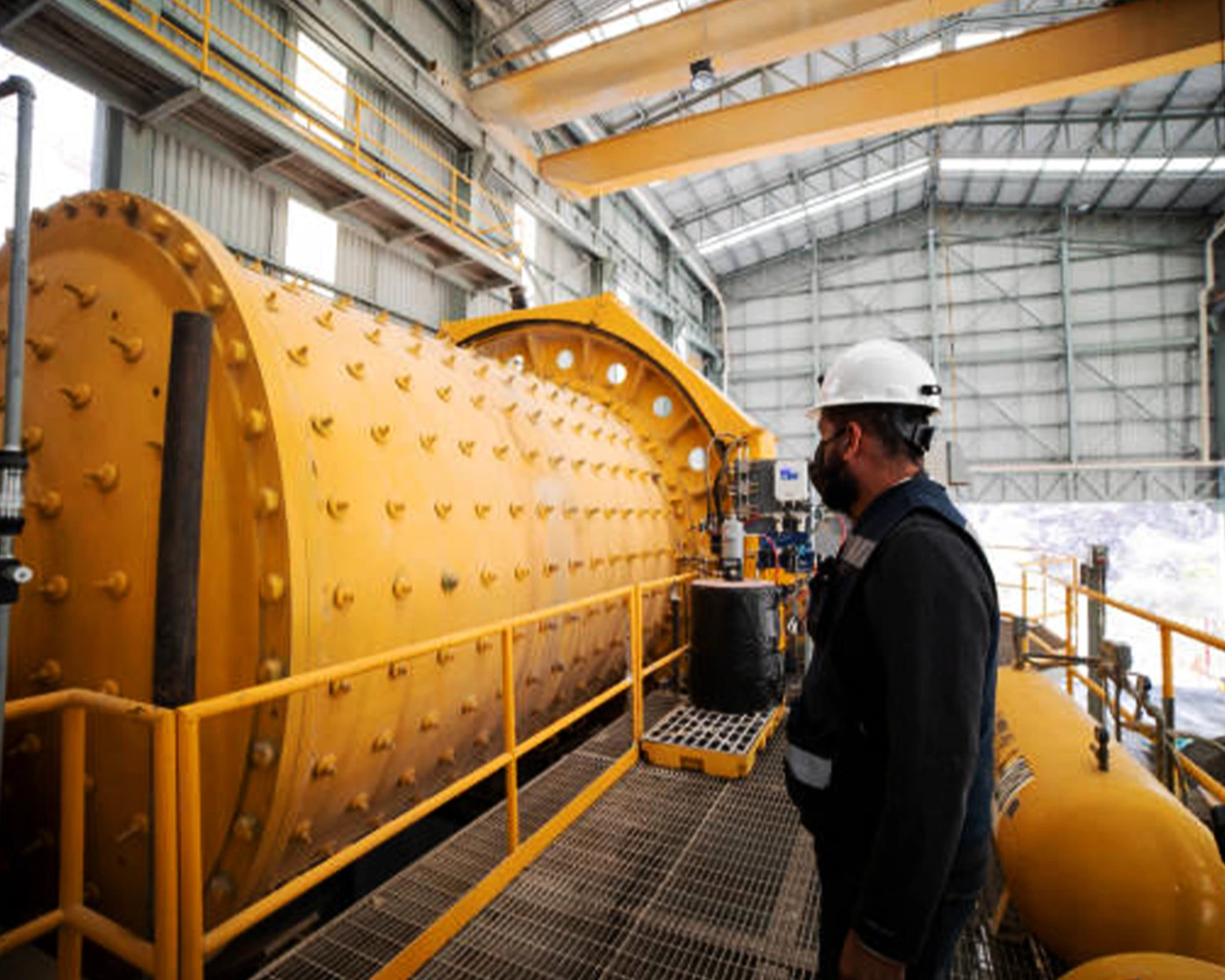Grinder mills are essential machines in the world of processing and manufacturing, designed to grind materials into fine particles. Their versatility and efficiency make them indispensable across numerous industries. In this blog, we will delve into the services provided by grinder mills and explore the diverse sectors that benefit from their capabilities.
The Services Offered by Grinder Mills
Grinder mills serve various purposes, primarily focused on size reduction and material processing. Some key services include:
- Material Grinding: Grinder mills efficiently reduce bulk materials into smaller, uniform particles, enhancing their usability in various applications. This process is crucial in industries where particle size plays a significant role in product quality.
- Fine Grinding: These mills are equipped to produce extremely fine powders, essential for products requiring high purity and specific particle sizes, such as pharmaceuticals and food ingredients.
- Homogenization: Grinder mills can blend and homogenize materials to achieve a consistent texture and quality. This is especially important in industries like food processing, where uniformity is key to product standards.
- Chemical Processing: In chemical industries, grinder mills are used to create finely ground chemicals and additives, ensuring that they mix well with other substances for optimal performance.
- Pre-Processing: Many industries use grinder mills to pre-process raw materials before further processing. This can enhance the efficiency of subsequent manufacturing steps, saving time and resources.
Industries That Utilize Grinder Mills
Grinder mills find applications across a wide range of industries, each benefiting from their unique capabilities:
- Food and Beverage: In this industry, grinder mills are used to produce flour, spices, and other food ingredients. Their ability to create fine powders ensures that products meet quality standards and enhance flavors.
- Pharmaceuticals: Grinder mills are vital in the pharmaceutical sector for producing fine powders for medications, ensuring proper dosage and absorption rates. They also aid in the creation of excipients used in drug formulations.
- Chemical Manufacturing: Grinder mills are employed to grind chemicals and raw materials, facilitating the production of paints, coatings, and other chemical products. Their ability to create fine, homogeneous powders is crucial in this industry.
- Mining and Minerals: In mining, grinder mills are used to reduce ore size for further processing, such as flotation or leaching. They play a significant role in extracting valuable minerals from raw materials.
- Construction Materials: Grinder mills are utilized to process materials like cement and aggregate, ensuring consistent particle size and quality for construction projects.
- Recycling: Grinder mills are increasingly used in recycling operations to process waste materials into smaller sizes for easier handling and reuse, contributing to sustainable practices.
Conclusion
Grinder mills are powerful tools that serve a multitude of functions across various industries. Their ability to grind, homogenize, and process materials makes them essential in food production, pharmaceuticals, chemicals, and more. As industries continue to evolve, the importance of grinder mills will only grow, driving innovation and efficiency in material processing.





